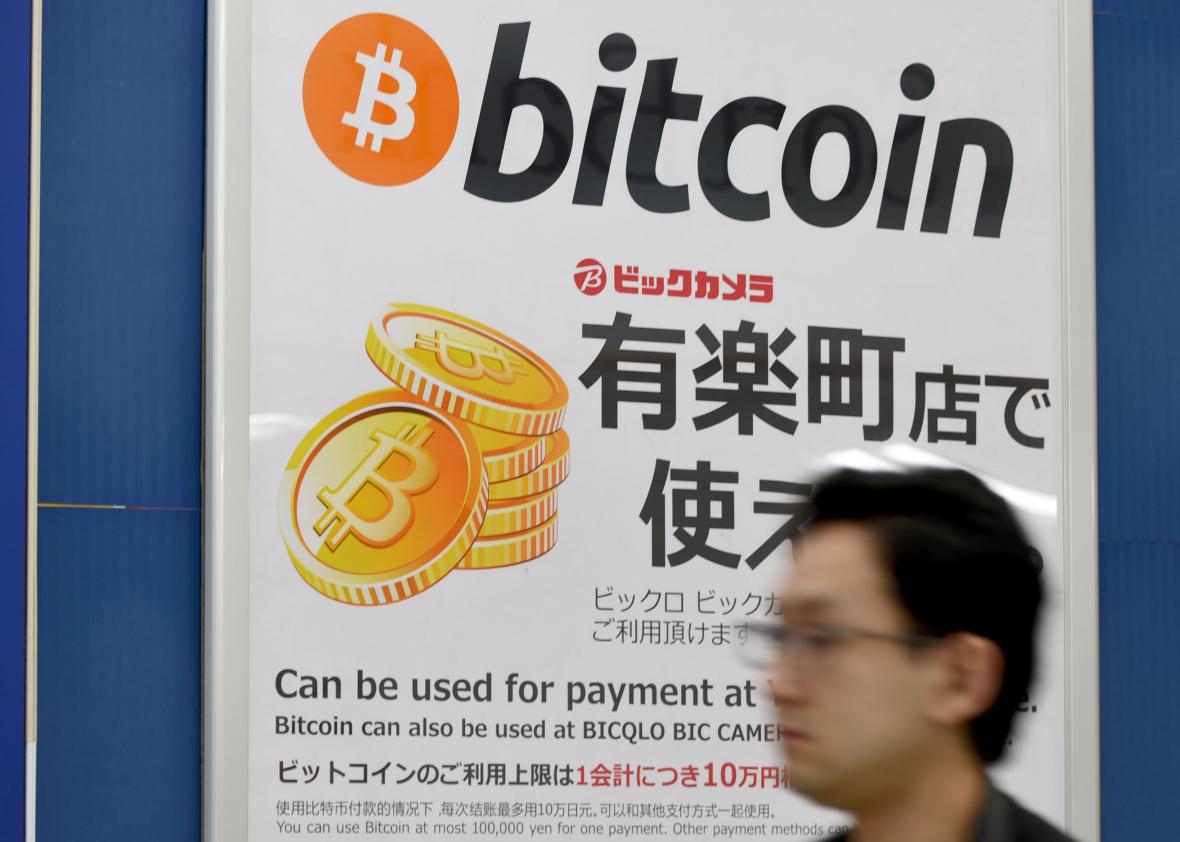A piece from the Wall Street Journal on Tuesday posited that, based on trading volumes, millions of investors in Asia are the impetus for Bitcoin’s startling rise this year. Japan, South Korea, and Vietnam were responsible for almost 80% of the trading activity worldwide by the end of November, according a research firm called CryptoCompare that was cited by the Journal.
South Korea in particular is seeing flare ups of activity, surpassing the U.S. at one point last week in exchange activity. With a population of only 51 million, the country’s bitcoin investors had accounted for a quarter of the world’s trading. There are now storefronts and customer service bays to facilitate trading for everyday investors. The demand among citizens has brought the values of the currency to peaks higher than those in the U.S.—the largest cryptocurrency exchange at one point quoted the price at almost $25,000. Bitcoin prices have yet to break $20,000 in most U.S. exchanges.
What’s particularly surprising is that it’s apparently individual retail investors in Asia that are responsible for this bitcoin upswing, rather than big investment firms and established Wall Street types that played a big role in past frenzies like the dot-com bubble. It’s one of the few times in history that amateur investors have played such a role, according to Chris Weston, chief market strategist at IG Group, who told the Journal, “It feels like this whole thing is being driven by the average Joe who isn’t nearly as financially literate as a professional fund manager.”
The Asian swell reportedly began in China, which was once responsible for a large portion of the world’s trading volume. In its cryptocurrency heyday, the country was responsible for two-thirds of all the Bitcoin issued on a given day. A single Chinese bitcoin mining farm, consisting of thousands of computers in a series of warehouses, could account for almost one-twentieth of the world’s daily production of the currency. Yet, the government banned cryptocurrency exchanges and initial coin offerings in September, though some exchanges still do survive in a legal gray area.
The party could be coming to a close for other countries in Asia as well. The top financial regulators in South Korea said on Monday that they were considering a ban on bitcoin transactions and would never allow for cryptocurrency futures trading, which was just launched in the U.S. on Sunday. The country has already disallowed initial coin offerings.
While bitcoin is still legal in India, the country’s central bank issued its third strong warning about the risks of investing in it in December. Market regulators in Hong Kong, where bitcoin is also legal since it has separate laws from mainland China, said on Monday that some cryptocurrency exchanges could be illegally trading in futures.
Asia’s infatuation with bitcoin is mirrored in the U.S., which makes up around one-fifth of the world’s trading volume. The app for Coinbase, a U.S.-based cryptocurrency exchange, has remained at or near the top of Apple’s charts for the last week. Bitcoin futures soared and then dropped off in the first couple days of trading at the Chicago Board Options Exchange. It seems that those in the U.S. who are now making a fortune on the cryptocurrency partly have their counterparts in the East to thank.
